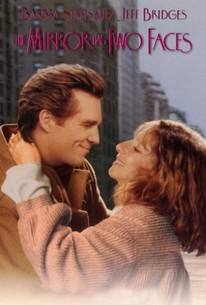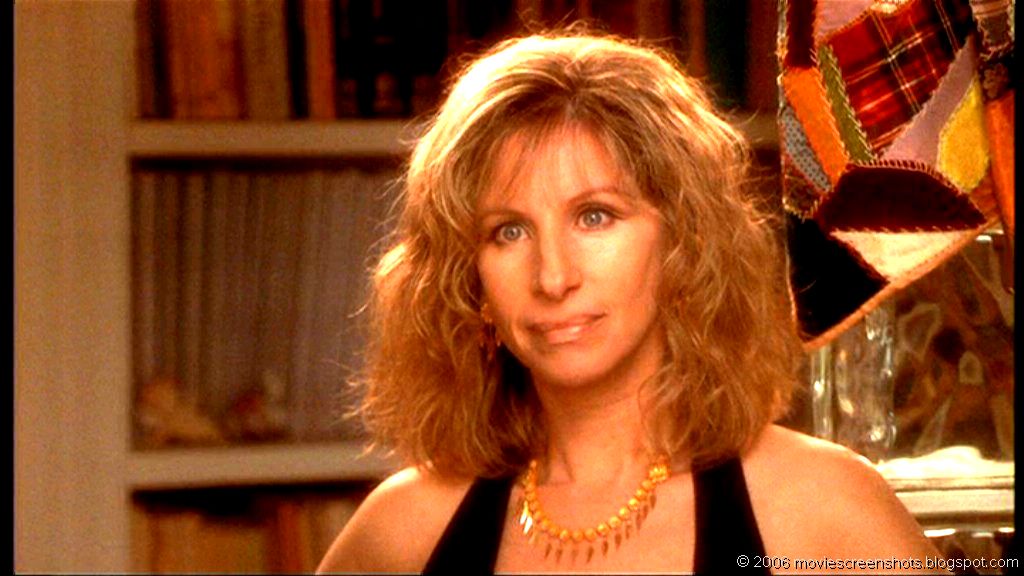

Our imaginations can stop us in our tracks by painting a very convincing picture of ourselves crashing and burning, to the point that we become paralyzed by it. Fear of failure, fear of looking silly, fear of not being liked, fear of losing, fear of winning. If I reflected on all the things I have ever regretted not doing, the reason has almost always been based on fear. Hover to display schedule.I know that it may seem odd that my first post is a quote from Franklin Delano Roosevelt, not Teddy, but there is a very good reason. The Mirror Has Two Faces may have gotten lost in the hubbub of the 1996 Oscar race thanks to the strong push it received solely for Bacall’s performance, but it’s an engaging and entertaining film that ultimately alters our expectations of Streisand as an actor and as a director. The Mirror Has Two Faces is another slight departure for Streisand, but proved that she’s more than capable of delivering a film of solid quality. Her second film, The Prince of Tides, was a romantic drama. Her directorial debut, Yentl, played to her strengths as a singer and actor, exploring the challenges of women to learn and take on traditionally male roles in a patriarchal structure. Streisand’s films may have always felt a little mannered in terms of direction, but they were nevertheless enjoyable affairs. Bacall does little to merit an Oscar, though a nomination was entirely within reason. Lauren Bacall, who appeared in her fair share of romance films in her career, is relegated to the snarky, overbearing mother role, delivering some catchy one-liners, but with nothing more complex or exciting about her performance. Streisand does fine, but reminds me of another singer-turned-actress who couldn’t cope with the genre better on subsequent occasions. Bridges delivers an able, believable performance, employing his wit and charm to sell a character that would otherwise seem pointless. The similarities aren’t covert, but they are fitting.

That film, which put a careless reporter into a platonic, guarded relationship with an heiress, eventually leads to more.
The mirror has two faces movie#
Yet, as his unflinching adherence to his belief structure, one which he thinks will ideally lead to the perfect marriage, cripples their relationship, he haplessly misses all the clues that suggest perhaps he is falling in love and that his relationship with Streisand’s Rose could be more than he expected.Īs director, Streisand gets a bit obvious with her references to old movie romances, touching on It Happened One Night on at least two separate occasions.

An opportunity to live a romance-less relationship with an idealistic mathematics teacher (Jeff Bridges) gives her an opportunity to coax the beast out of its shell. Streisand plays a frumpy philosophy teacher who wants more out of life, but cannot seem to find it. It’s surprising the film was as maligned as it was considering it’s a lot better than what’s been produced in recent years. Director Barbara Streisand’s third stint behind the camera doesn’t idly mimic the traditions of the medium, she does so with purpose and finesse. This is an unconventional romantic comedy that toyed with conventional archetypes and forged a different path through the overused clichés and tropes famous in the genre. Looking back at 1996, I can see why many people didn’t like The Mirror Has Two Faces. The Mirror Has Two Faces was a loose remake of 1958 French drama Le Miroir à deux faces adapted by The Fisher King screenwriter Richard LaGravanese. In her third directorial effort, singer and actress Barbra Streisand delivered a conventional, yet somewhat atypical romantic comedy and, for the third of these efforts, also starred in the film.


 0 kommentar(er)
0 kommentar(er)
